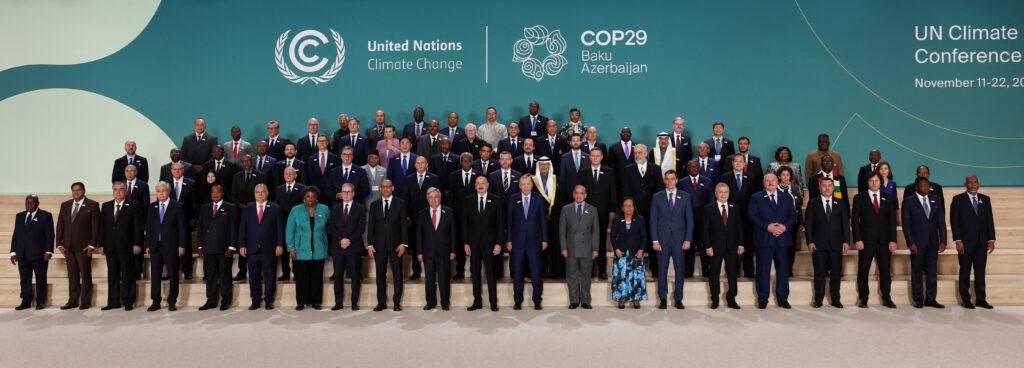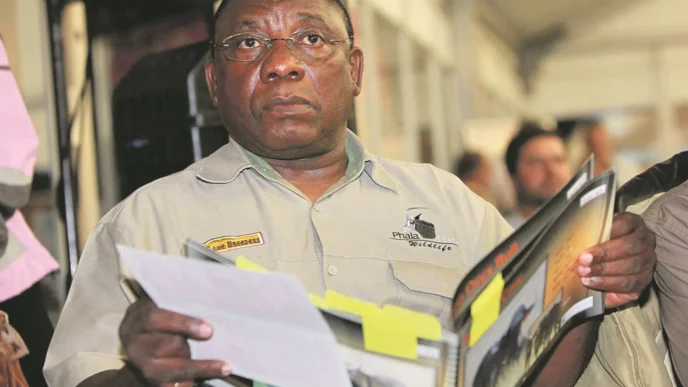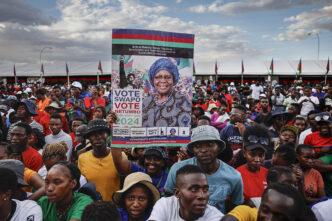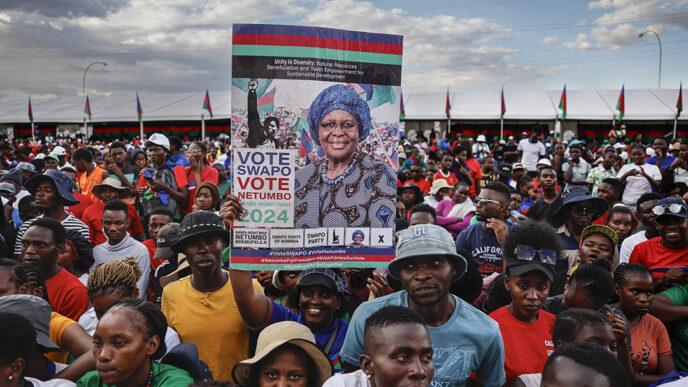Caritas Australia has voiced profound disappointment regarding the COP29 climate justice failures, noting that the commitments to climate finance fall woefully short of addressing the urgent needs of vulnerable nations, especially those in the Pacific.
The conference unveiled a lofty ‘1.3 trillion global climate finance goal’; however, only a mere 300 billion of this amount originates from the developed world.
This staggering $1 trillion annual shortfall places an immense burden on private finance, a situation that threatens to deepen the economic vulnerability of developing nations already grappling with the devastating impacts of the climate crisis and significant overseas debt repayments.
Inadequate Climate Finance for Vulnerable Nations: A Call to Action
The recent announcements at COP29 build on a troubling history of inadequate climate finance. Back in 2009, countries pledged to mobilize ‘100 billion per year by 2020’ ,a goal that barely reached fruition in 2022.
At that time, the100 billion represented just 0.1% of global GDP, which stood at a staggering $100 trillion. Alarmingly, much of this funding came in the form of profit-making loans rather than grants, further entrenching the financial struggles of developing nations.
Damian Spruce, Advocacy Associate Director at Caritas Australia, passionately stated, “This year’s COP was meant to deliver on finance for vulnerable nations, but instead, it risks perpetuating a cycle of debt and inequality.
Much of the developing world finds itself forced to borrow to cover climate impacts they did not cause. This situation remains unjust and unsustainable, and this private finance-focused goal will do little to address that.”

Addressing the $1 Billion Gap in Climate Finance: Urgent Solutions Needed
Caritas Australia’s report, Weathering the Storm, launched at COP29, reveals a staggering $1 billion gap in climate finance specifically for the Pacific region. The report reveals that countries like Fiji, Samoa, and Tonga face debt service-to-revenue ratios of approximately 15%, severely limiting their capacity to fund essential services such as healthcare and education.
The report calls for an increase in climate finance, delivered as grants rather than loans, through a UN vehicle instead of banks. Moreover, it advocates for addressing the sovereign debt crises by allowing for the cancellation or restructuring of unsustainable and illegitimate debts.
Additionally, it emphasizes the need for better assessments, increased transparency, and greater protections for vulnerable countries.
Generally, Caritas Australia urges the global community to uphold the principles of justice, solidarity, and care for our common home, as outlined in Laudato Si’.
The organization insists that wealthy nations must step up with fair and effective climate finance that genuinely meets the needs of vulnerable communities.
With the Pacific region on Australia’s doorstep, the Australian government holds a crucial responsibility to lead the charge toward greater ecological and financial justice.
The COP29 climate justice failures demand immediate action, and together, we can forge a path toward a more equitable future for all.
Read More:















